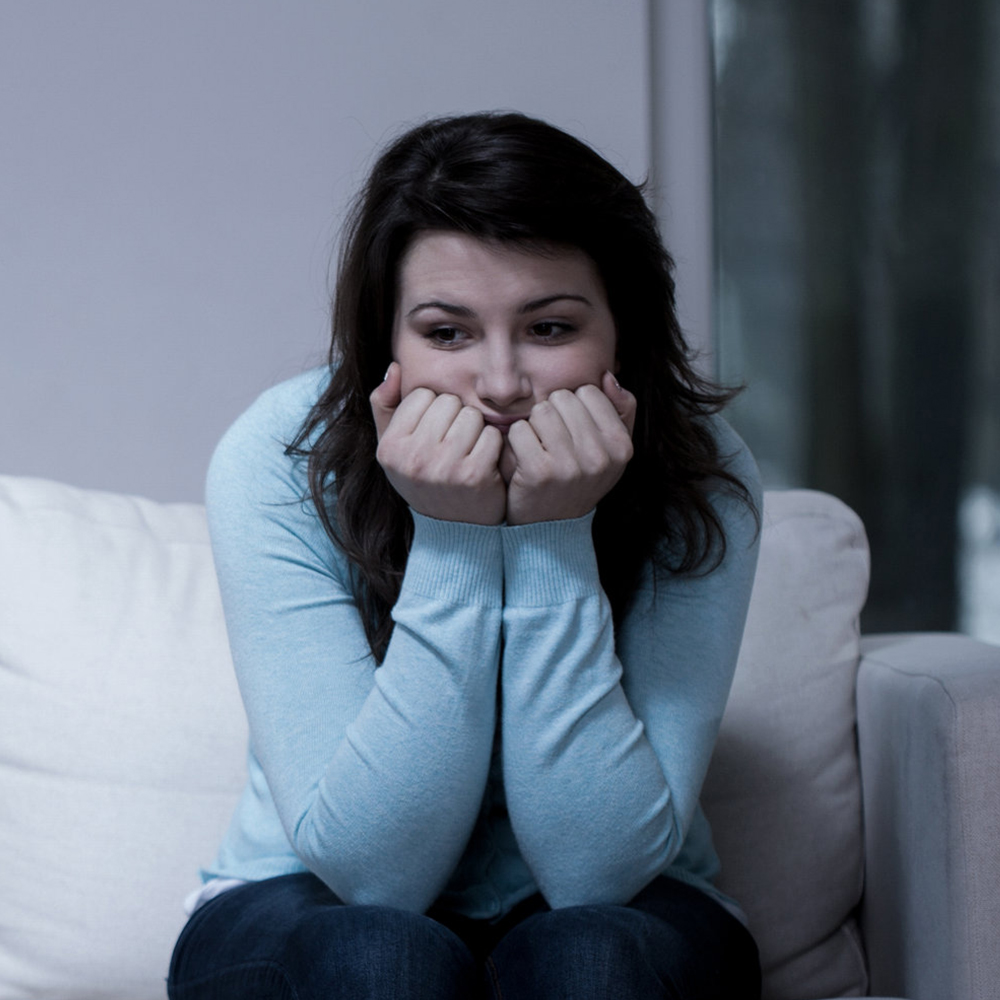Learn more about RA:
Understanding RA
Living well
Listen to our experts
Patient stories
Blogs
Coping with a low mood when you have RA

Rheumatoid arthritis is a long-standing disease and can take a toll on one's mental health. It is not just a disease that causes pain, stiffness, and joint damage; it can also make one feel low all the time!
This 'constantly low' feeling is termed as depression in medical language. A person with RA has more than double the chances of feeling low or depressed than someone who does not have it.
What does 'feeling low' exactly mean?
Feeling low can mean that someone with RA may find it challenging to cope with the demands of treatments suggested and may not be able to manage the day-to-day life well.
Someone with RA can find it hard to make up their mind about the treatment options and may feel disappointed if the treatment suggested does not work, and they do not feel better¹. This feeling of disappointment has essentially more to do with feeling low rather than with RA!
Such people may not even realise that something is wrong with them and so do not talk to their doctor or someone from their family about how they feel. They may worry about the perceived 'stigma' of accepting that they are feeling low and being diagnosed with a 'mental health' condition.
Understand the connection between feeling low and RA
It is no shocker. Understandably, living with long-term pain and disability can make one feel helpless and short of hope.
The link between RA and feeling low is that the long-standing inflammation or swelling may have a significant role in causing one to be in low spirits.
A person with RA may find it challenging to do everyday things they enjoy in their life, leading them to feel down. It is a vicious cycle as this constant low feeling can make the RA symptoms even worse. It can even make one likely to develop heart disease or other health complications.
But the good news is, this 'low feeling' can be treated and one can have a better quality of life. Moreover, the treatment may even help relieve the pain and swelling associated with RA.
Coping with the constant low feeling
Rather than thinking of the pain and the disability all the while, doing the following can help one cope with RA better:
Adhere to the medicines: Try to take the medications regularly and do not miss any of the doses prescribed by the rheumatologist. Biologic medications may form an essential part of RA treatment. Missing the doses of a prescribed biologic medication can make one's RA symptoms worse and in turn, cause them to feel depressed.
See a doctor: Discuss the feelings and mood with the doctor at the time of regular check-up. The doctor might refer one to the specialist if he/ she feels the need to do so.
Talk to a therapist: Get professional help from a therapist who can talk and understand one's problem and help one come out of it.
Connect with a support group: Meet up with others who have RA and form a group. Talk with those who are living with the same symptoms. Such support groups can help lift one's mood and help them feel less lonely.
Try to get RA symptoms under control: Medicines can help relieve the swelling and pain. With less pain and swelling the body may work better, and mood problems may ease too.
Be active: The pain and fatigue with RA can make one feel low on energy. Regular exercises or walks can help lower the pain and even help manage stress and lift one's mood.
Pay attention to the sleep schedule: Try to get enough sleep. Decide on a particular routine for sleep that one can follow daily, such as going to bed and waking up at the same time each day!
Go for a healthy diet:
- Avoid too much junk food, sweets or fried foods as these can worsen the swelling and overall health.
- Include healthy items such as fresh fruits, vegetables in the everyday diet.
- Go for foods rich in omega-3 fatty acids such as flaxseed, walnuts, salmon etc., as they are good for the heart and can help manage depression symptoms.
Remember, a positive attitude, regular exercises and taking medicines on time can help one fight the constant low feeling that may accompany RA

Impact of weather on RA flare-ups

Nearing menopause? Precautions to take with RA




